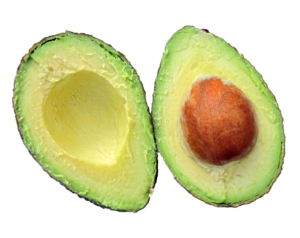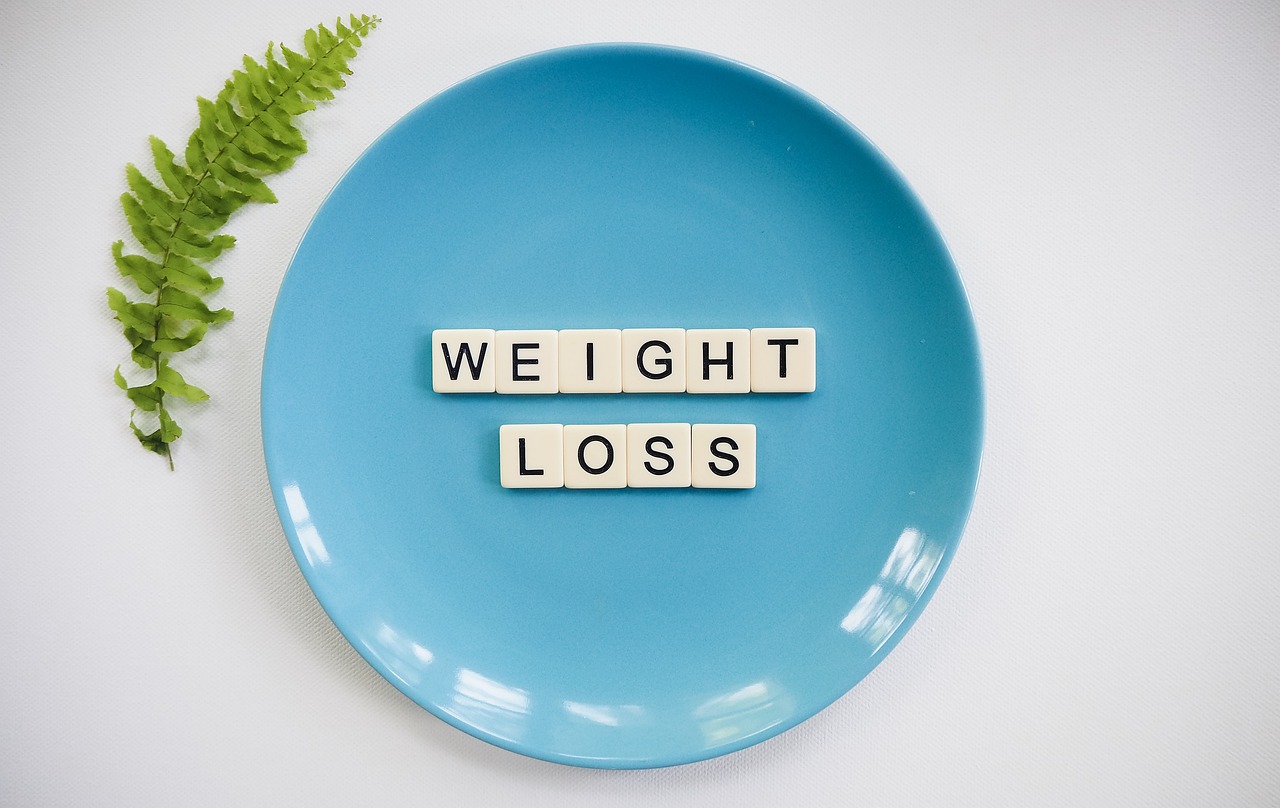Losing weight is not an easy task. To add to that, there are many myths about how to do it, which makes it even harder. To clear things up and prevent confusion, we will discuss seven weight loss myths you shouldn’t believe.
Weight Loss Myths You Shouldn’t Believe
Myth 1 – The only way to lose weight is to avoid carbohydrates
You cannot ditch carbohydrates if you want to eat a healthy diet. The Dietary Guidelines for Americans recommend 3 eating patterns – healthy US style, healthy Mediterranean style, and healthy vegetarian style.
Carbohydrate-rich foods, such as whole grains, fruits, and vegetables are the foundation of these healthy eating patterns. Also, fiber is a carbohydrate. If you avoid carbohydrates, your fiber intake will plummet.
Myth 2 – If you want to lose weight, you have to go hungry
 Some people think that losing weight means skipping meals. But that will just lead to frustration, irritability, going off your diet, and quickly regaining weight. The 1st rule of dieting is: no skipping meals. Skipping meals just makes your body hold onto fuel by slowing down metabolism, and often triggers overeating later in the day.
Some people think that losing weight means skipping meals. But that will just lead to frustration, irritability, going off your diet, and quickly regaining weight. The 1st rule of dieting is: no skipping meals. Skipping meals just makes your body hold onto fuel by slowing down metabolism, and often triggers overeating later in the day.
Instead, eat a min-meal or healthy snack every 3 to 4 hours during the day. Focus on lean protein and produce (e.g., one ounce of nuts, carrots with hummus, Greek yogurt with berries, etc.). Remember, you don’t have to go hungry to set yourself up for long term success.
Myth 3 – Cutting fat from your diet will help you lose weight
Avoiding fat altogether does not lead to weight loss. It can actually lead to weight gain. Foods that contain healthy fats don’t make you fat. They can speed up metabolism and help you shed pounds.
 Those who cut fats from their diet tend to consume added sugar and refined grains. These hijack metabolism, spike insulin, drive up inflammation, and pack on the belly fat. This leads to a vicious cycle of sugar cravings and loss of will power. Instead, eat healthy fats (avocado, wild salmon, extra virgin olive oil, walnuts) to lose weight and feel satisfied after eating.
Those who cut fats from their diet tend to consume added sugar and refined grains. These hijack metabolism, spike insulin, drive up inflammation, and pack on the belly fat. This leads to a vicious cycle of sugar cravings and loss of will power. Instead, eat healthy fats (avocado, wild salmon, extra virgin olive oil, walnuts) to lose weight and feel satisfied after eating.
Myth 4 – It doesn’t matter what you eat as long as you count calories
What you eat does matter. Counting calories encourages an individual to be obsessed about quantity over quality. Eventually, diet quality will suffer, and so will health.
The key here is to stay within an appropriate range of calories for the amount of fuel you are burning. Stick to a nutrient-dense diet consisting of foods that keep blood sugar stable, discourage binge-eating, and make you feel full.
Myth 5 – All calories are equal
Calorie is a measurement of energy, and all calories have the same energy content. But this doesn’t mean that all calorie sources have the same effect on your weight. Different foods go thru different metabolic pathways and can have different effects on hunger and hormones that regulate body weight.
For instance, a protein calorie isn’t the same as a fat or carb calorie. Replacing fat and carbs with protein can reduce appetite and cravings and boost your metabolism, all while optimizing the function of weight-regulating hormones. It’s important to note that calories from whole foods such as fruit tend to be more filling than calories from refined foods like candy.
Myth 6 – Food that tastes good is bad for you
If you think that healthy foods taste bland and that processed, sugary foods taste good, your taste buds may need a tune up. People who believe that healthy foods don’t taste good just don’t know how to prepare them to enhance their natural flavor.
Man-made fats and added sugars can hijack your taste buds. Once you start eating natural foods, your taste buds will appreciate the subtle sweetness of berries and the tartness of citrus, cherries, and cranberries. You will love the way onions, garlic, peppers, ginger, and turmeric enhance flavor. You just have to know how to get the most out of these natural flavors when preparing meals.
Myth 7 – Weight loss is a linear process
 Usually, losing weight is not a linear process, as some people might think. Some days/weeks you may lose weight, while during others you might gain a little bit. This isn’t a cause for concern. It is normal for body weight to fluctuate up or down by a few pounds.
Usually, losing weight is not a linear process, as some people might think. Some days/weeks you may lose weight, while during others you might gain a little bit. This isn’t a cause for concern. It is normal for body weight to fluctuate up or down by a few pounds.
For example, you may be holding on to more water than usual or carrying more food in your digestive system. This is more pronounced in women, as weight from water can significantly fluctuate during the menstrual cycle.
As long as the trend is going downwards, regardless of how much it fluctuates, you’ll still succeed in losing weight over the long-term.
Conclusion
If you are trying to lose weight, you may have heard some of these weight loss myths. You may have believed some of them, but now you know the truth. The relationship between food, body, and weight is complex. If you are interested in losing weight, make the necessary changes to your diet and lifestyle.
Do you want to lose weight, be fit, and lead a healthy lifestyle? Sign up to FITin56!


Great insight and very informative, especially useful at this time of year!